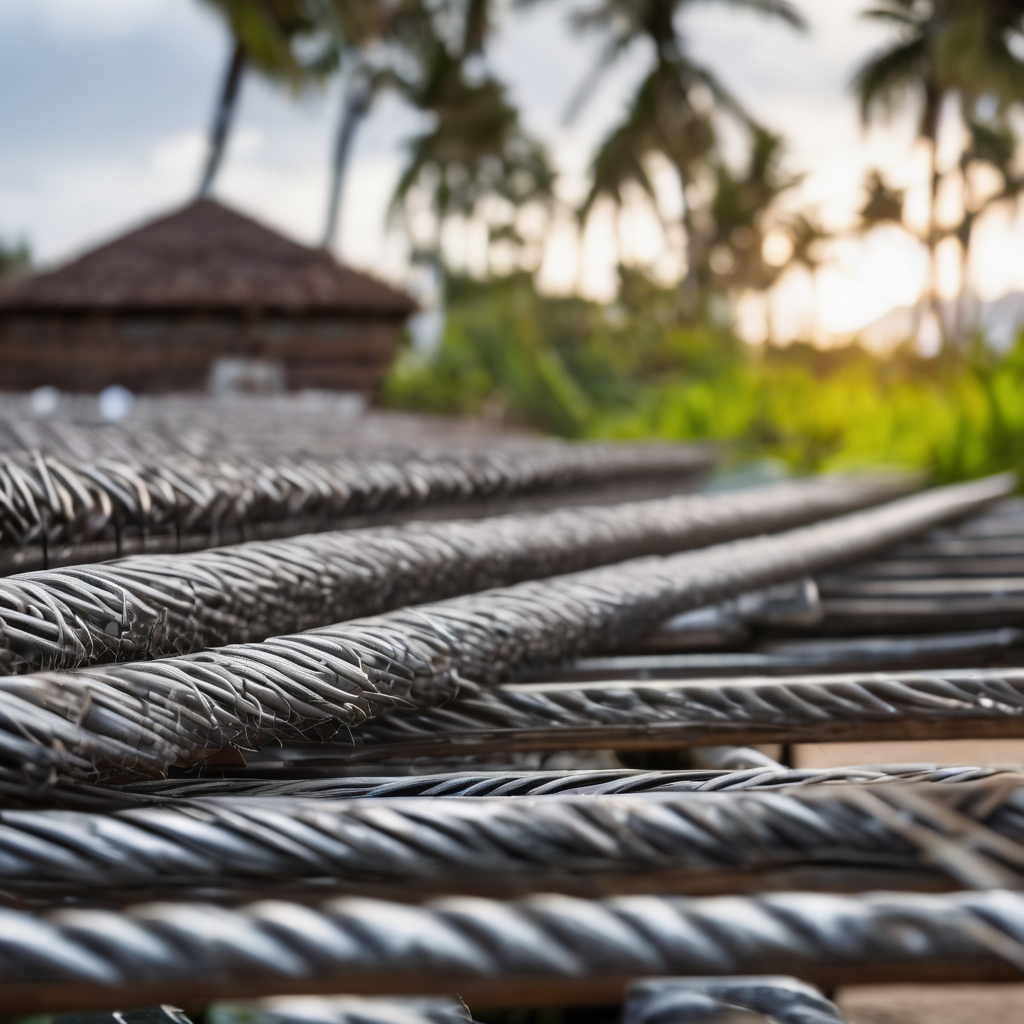During the recent Extra Fiji Architecture Conference and Trade Exhibition held at the Sheraton Fiji Resort in Denarau, Setoki Tuiteci, the General Secretary of the Fiji Association of Architects, underscored the pressing necessity for stricter regulations and proper accreditation regarding construction materials, especially steel imported from around the globe. Tuiteci emphasized that the quality assurance of these materials is vital for maintaining public safety, particularly given Fiji’s dependence on imported steel.
He stated, “We looked at accreditation and certification of materials, especially steel, which is a big issue in our country because we bring in a lot of steel from different parts of the world.” Tuiteci called for a more thorough certification process for steel used within Fiji to guarantee that all materials adhere to the established safety standards.
Although acknowledging the capabilities of local testing facilities such as the Fiji National University (FNU) and the University of the South Pacific (USP), Tuiteci noted that the construction industry still predominantly relies on international certification from reputable offshore universities. He advocated for a more robust regulatory framework aimed at ensuring that all imported materials meet the necessary quality standards suitable for Fiji’s unique climate and construction requirements.
This urgent call for enhanced oversight reflects ongoing conversations among various stakeholders in Fiji’s construction sector who recognize the critical need for improved compliance with safety regulations. Concerns were previously articulated by Sefanaia Cola from the National Fire Authority regarding the absence of a dedicated authority tasked with monitoring the fire resistance of construction materials. This speaks to a larger issue surrounding regulatory oversight within the industry.
Furthermore, the quality of locally produced steel is currently under investigation by Engineers Fiji, further highlighting the need for a comprehensive review of all steel reinforcement materials used in construction. Terence Erasito, president of Engineers Fiji, pointed out, “Structures in Fiji are designed to meet New Zealand Standards… Using inferior steel could lead to structures not complying with the Fiji National Building Code.”
The collaborative efforts among architects, engineers, and government officials represent a concerted dedication to enhancing safety standards in Fiji’s construction landscape. With ongoing discussions about potential regulatory changes, there is an optimistic outlook for improved public trust and safety, as well as a more resilient built environment capable of withstanding natural disasters such as earthquakes. By ensuring compliance with stringent safety standards, there will be significant benefits for communities and a promising future for Fiji’s construction industry.
